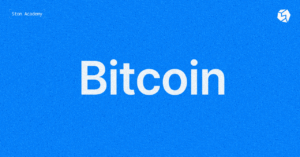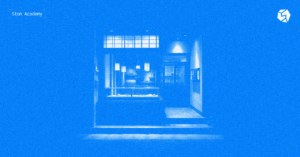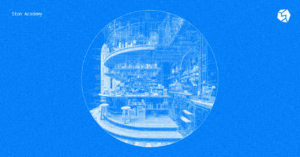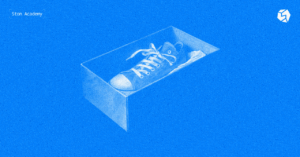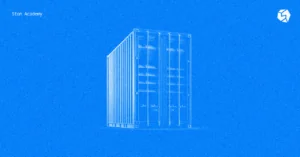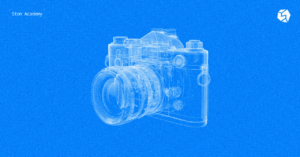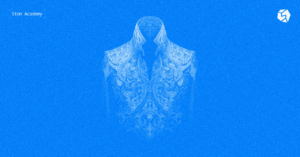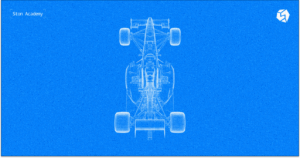-
cbBTC on TON: bringing Bitcoin into TON ecosystemDiscover what cbBTC is, how it works, and what it enables for both Bitcoin holders and the TON community.
-
How tokenized securities are quietly replacing traditional brokersBrokers vs. tokenized securities: side by side. Discover how xStocks on STON.fi enable self-custody, instant settlement, and no account openings.
-
Why the tulip comparison fails to explain cryptocurrency market historyBeyond tulips. Why Railway Mania explains crypto's cycles and what lasting infrastructure means for you.
-
How xStocks actually work: from real-world asset to TON jettonExplore the secure, transparent pipeline that brings xStocks to your wallet. Discover how real stocks become TON jettons and why this DeFi bridge is key for your portfolio.
-
DeFi-native diversification: mixing xStocks with your crypto stackMost crypto portfolios are highly concentrated. xStocks add real-world diversification directly to your TON wallet. Learn how to mix tokenized representations of RWAs with crypto for a truly resilient portfolio.
-
Omniston widget for builders: a high-level guide to embed swaps fastThe Omniston widget embeds a dependable swap flow right inside your page, backed by the same routing layer that drives app.ston.fi. This article shows how it fits your stack, how to brand it safely, and the steps to go live.
-
What is a cross-chain decentralized exchange (CDEX)?Most DEXs are limited to one blockchain. A cross-chain DEX (CDEX) changes that. Learn how it works, why it matters, and how it keeps your swaps secure.
-
From tickets to tools: practical NFT uses outside cryptoNFTs have moved past collectibles to solve real problems: verifying goods, securing tickets, and building trust. See how this shift changes what's possible.
-
AI in Web3 and Web3.0: how artificial intelligence is quietly reshaping the decentralized internetAI is the hidden "translator" of Web3 and Web3.0, making wallets smarter and the decentralized web more human. Discover how it works with real-world examples.
